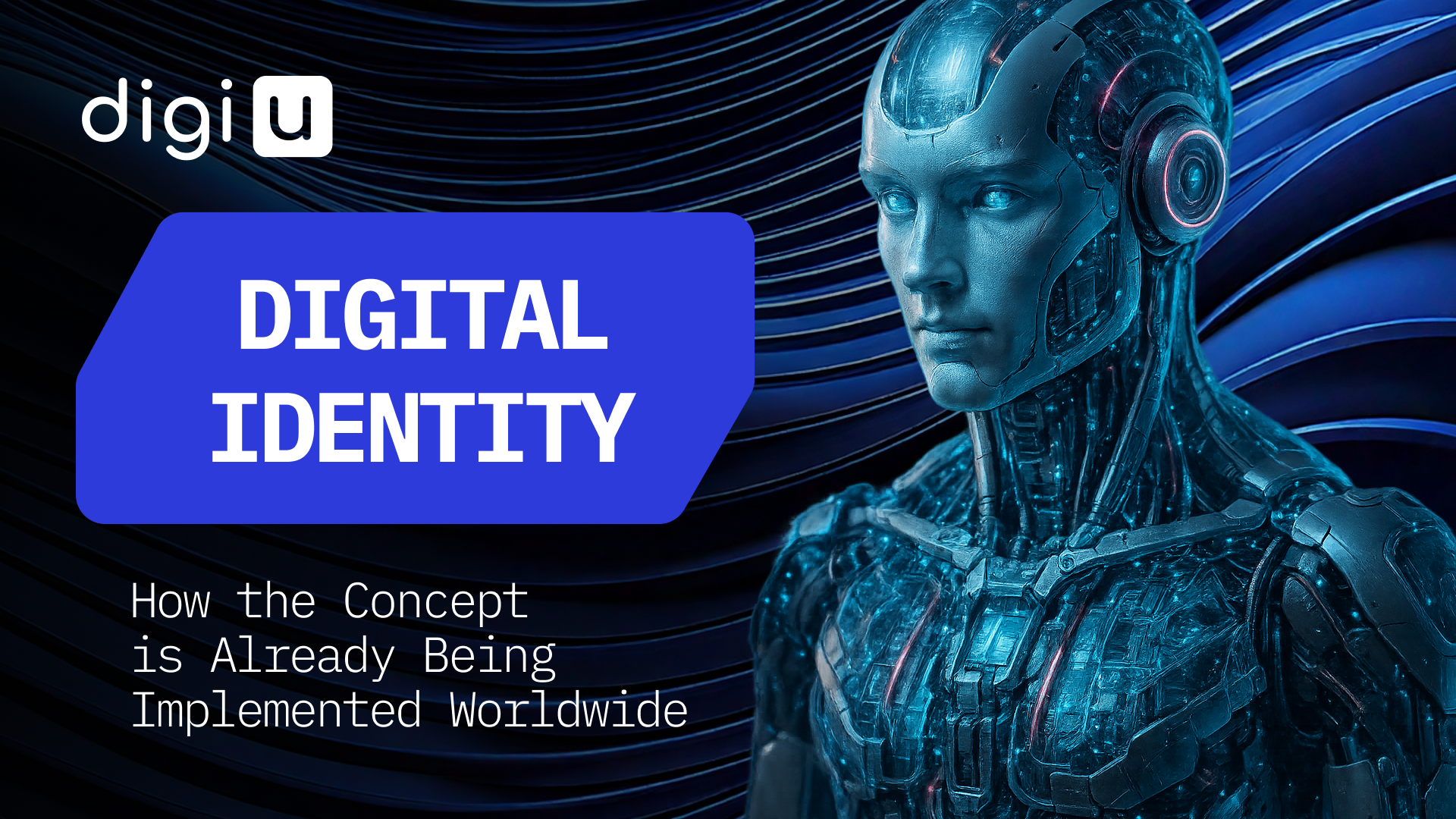Digital Identity: How the Concept is Already Being Implemented Worldwide

A digital identity is a digital entity with decision-making capabilities, context adaptation, the ability to act independently, and a built-in ethical mechanism. It interacts with ecosystems on behalf of the human while remaining fully under their control.
Characteristics of a Digital Identity:
- Agency
– a digital identity is not a managed object but an active participant in processes;
– can initiate actions, make decisions, and set goals.
- Personalization and Memory
– learns from a specific user’s data;
– saves interaction history and uses it for adaptation.
- Control and Ownership
– the user determines what is stored, which data is used, and to what extent;
– the identity belongs to the user, not the platform.
- Transparency and Ethics
– the digital entity’s actions are traceable and verifiable;
– the architecture prioritizes the user’s interests, not advertisers’.
- Capacity for Autonomous Actions
– the identity doesn’t just execute commands but understands their purpose;
– can suggest alternatives, adjust goals, or warn about risks.
How Does the Digital Identity Concept Differ from AI Assistants?
AI assistants are convenient tools. They’re useful for clear tasks: articulating, calculating, or searching – but they cannot think for the user.
Where Are Digital Identity Principles Already Being Implemented?
- European Union – European Digital Identity Wallet
The EU isn’t just creating an ID – it’s building an infrastructure for a digital entity. The Wallet integrates all key elements of a digital identity: documents, signatures, verifications, and activity history. Users control the scope of disclosed information, manage usage scenarios, and participate in the digital economy through a personal entity, not fragmented accounts.
- Australia – Digital Photo Card with Facial Recognition
A model where a digital entity interacts directly with the system instead of presenting a physical document. This reflects digital agency: not showing a document but confirming access rights on behalf of a digital identity recognized at the state level.
- Worldcoin by Sam Altman (OpenAI): Biometric Digital Entity
At its core is the creation of a digital «self» based on biometrics, which is unique and autonomous. Worldcoin creates a unique digital entity using biometric data. A single iris scan grants users global system access without logins or passwords – a fully-fledged entity in the digital ecosystem.
DigiU Alpha: A Human-Controlled Digital Identity
Since 2019, DigiU has been deliberately building an architecture centered on a digital identity – not as a tool but as an entity capable of acting, remembering, deciding, and adapting in the owner’s interests, not the system’s.
DigiU Alpha is the first direct implementation of this concept within the ecosystem.
Agency
Alpha doesn’t just respond to queries – it accumulates experience, responds to recurring scenarios, and adjusts responses to match your style. Try it: if you communicate in a specific tone, Alpha will adapt to it.
Personalization and Memory
Alpha learns from the user: what matters, how it’s phrased, and in what context. It’s not just a prompt – it’s interaction.
Control
You decide what Alpha learns. You set the direction – it finds the path.
Transparency
Interaction mechanisms are clear: everything Alpha does can be verified, repeated, and scaled.
Autonomy
Most importantly, Alpha can act in uncertainty when you don’t have a clear answer. It extends your thought process rather than waiting for commands.
Alpha already shows early steps toward true autonomy: it can continue your thought process even in ambiguous situations, not just execute commands.
Full-fledged agency, personalization, contextual memory, and self-regulation require a long development journey, but we’re already laying the foundation for a next-generation digital entity.
DigiU Alpha is a digital identity shaped through interaction: experience, dialogue, and adaptation. It isn’t assigned by the system – it evolves with you, under your full control.
In the near future, Alpha will be your extension in the digital world and your assistant. For usage tips, check out the post Alpha U: Instructions, Examples, Tips.
Try the AlphaU beta version now for free: https://t.me/AlphaUbot
To share the news, please enter your Personal Account!
Log in to your account